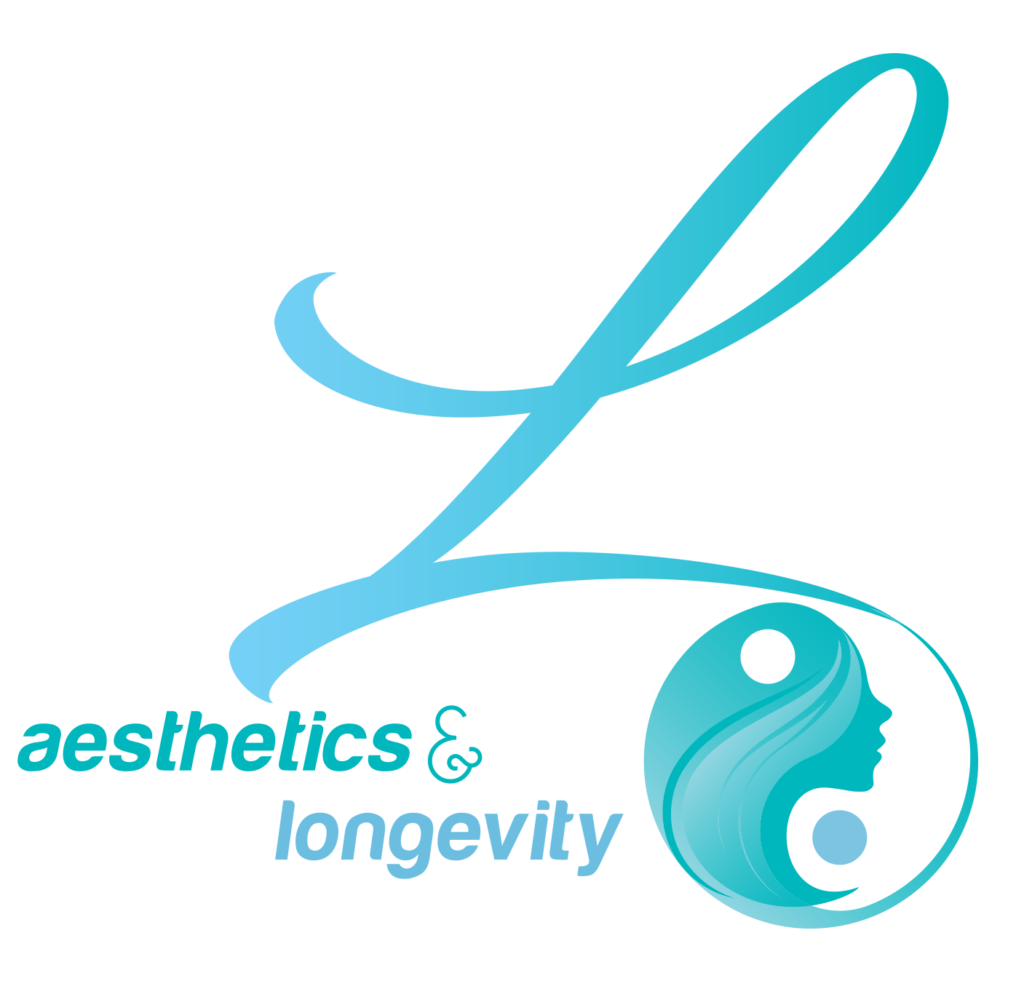In the pursuit of optimal health and well-being, the importance of various nutrients and antioxidants cannot be overstated. One such remarkable antioxidant that has gained significant attention in recent years is glutathione. Often hailed as the “master antioxidant,” glutathione plays a vital role in maintaining good health and preventing a range of diseases.
Understanding Glutathione
Glutathione, abbreviated as GSH, is a powerful antioxidant naturally found in the human body. It is composed of three essential amino acids: cysteine, glutamine, and glycine. This tripeptide antioxidant is present in every cell, where it plays a crucial role in neutralizing harmful free radicals, detoxifying the body, and supporting the immune system.
Health Benefits of Glutathione
- Antioxidant Defense
Glutathione’s primary function is to neutralize free radicals, reducing oxidative stress and inflammation in the body. This helps in preventing chronic diseases and promoting overall health. - Detoxification
Glutathione aids in the detoxification process by binding to toxins and facilitating their elimination from the body. It particularly supports the liver, the body’s main detoxifying organ. - Immune Support
Glutathione strengthens the immune system by supporting the proper functioning of immune cells. It enhances the body’s ability to fight infections and diseases. - Skin Health
Glutathione is known for its skin-lightening effects. It inhibits melanin production, leading to a brighter complexion and reduced hyperpigmentation. - Chronic Conditions
Studies suggest that adequate levels of glutathione may be beneficial in managing conditions such as diabetes, neurodegenerative disorders, and cardiovascular diseases.
Ways to Administer Glutathione
- Oral Supplements
Glutathione supplements are available in various forms, including capsules, tablets, and liquid extracts. However, oral supplementation may have limited absorption and efficacy due to the digestive process. - Intravenous (IV) Therapy
IV administration of glutathione ensures direct delivery into the bloodstream, bypassing the digestive system. This method allows for higher absorption and is often used for therapeutic purposes. - Topical Creams
Glutathione creams are applied directly to the skin, offering localized benefits such as skin lightening and reducing blemishes.
Downtime and Possible Side Effects
For most individuals, there is no downtime associated with glutathione supplementation. However, it’s essential to consult a healthcare professional before starting any supplementation, especially if you have underlying health conditions or are taking other medications.
Potential side effects of glutathione supplementation are rare but can include:
- Allergic Reactions
Some individuals may experience allergic reactions, such as rash, itching, or difficulty breathing. If these symptoms occur, discontinue use and seek medical attention. - Digestive Issues
High doses of oral glutathione may cause mild gastrointestinal discomfort, including bloating or stomach cramps. - Interference with Medications
Glutathione supplements can interact with certain medications. It’s crucial to inform your healthcare provider about any supplements you are taking to prevent adverse interactions.
Conclusion
While glutathione offers promising health benefits, individual responses to supplementation can vary. It is advisable to consult a qualified healthcare professional before starting any glutathione regimen. For personalized guidance, dosage recommendations, or to find the right approach for your specific needs, book an appointment with us. Our experienced healthcare practitioners can provide tailored advice to help you achieve your health and wellness goals.
